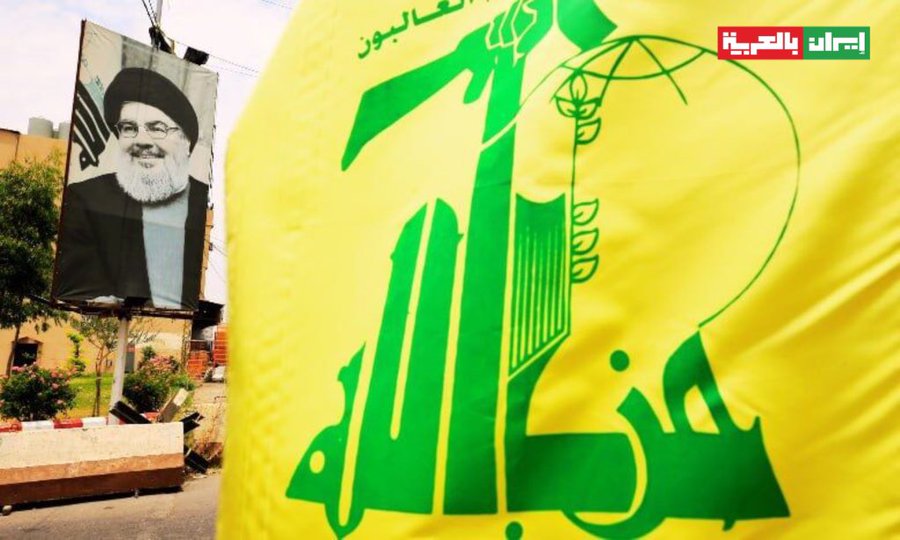On February 13, Lebanon prevented an Iranian plane from landing at Beirut Airport following accusations raised by the Israeli Defense Forces (IDF) that Iran was using civilian aircraft to smuggle money to Hezbollah.
The next day, Tehran responded by preventing two Lebanese planes from returning Lebanese citizens stranded in Iran.
The Iranian Ministry of Foreign Affairs spokesperson accused Israel of threatening a passenger plane carrying Lebanese nationals from Tehran.
In response, Israel denied the claims, and IDF spokesperson in Arabic, Lt. Col. Avichai Adraee, confirmed that Hezbollah indeed uses civilian flights for money smuggling.
Adraee emphasized that the IDF would not allow Hezbollah to arm itself and vowed to take all necessary measures to ensure Israel’s security, in accordance with the ceasefire agreements.
The current crisis marks a crossroads for Lebanon’s new government.
Its handling of Hezbollah, alongside the security and economic challenges, will determine whether it can assert its sovereignty or continue to struggle under the shadow of this armed terrorist organization and Iran’s control.
The prevention of plane landings between Lebanon and Iran, coupled with rising tensions in their bilateral relations, is a sharp regional escalation.
This event, alongside violent protests by Hezbollah supporters and the attack on a UNIFIL force in Beirut, raises questions about Lebanon’s stability and the new government’s control over the armed terror group Hezbollah.
Lebanon’s and Iran’s foreign ministers are attempting to find a resolution to the crisis.
Following these actions, violent protests by Hezbollah supporters began, including the burning of tires near Beirut Airport and an attack on a UNIFIL force, which resulted in the injury of a senior officer.
The UN condemned the events and called on Lebanon’s government to investigate the attack.
Regional Implications and Challenges for the New Government
It seems that the crisis goes beyond a dispute over flights and points to a broader struggle over Hezbollah’s and Iran’s influence in Lebanon.
Senior security officials in Israel say that Beirut’s airport has become a central hub for smuggling money from Iran to Hezbollah after the border with Syria was closed.
Israel views this as a direct threat that justifies military responses against Hezbollah.
The blockade of the airport by Hezbollah supporters tests the new government’s ability to impose order.
The severe economic crisis in Lebanon since 2019, along with the ramifications of the war with Israel, place Prime Minister Nawaf Salam’s government in the face of heavy challenges, including the implementation of UN Resolution 1701 and the reconstruction of areas damaged during the war.
Lebanon’s new government, led by Nawaf Salam, is at a critical crossroads.
Its success in enforcing control over Hezbollah depends on several factors: the level of international pressure on the terror group, cooperation between the Lebanese army and UNIFIL forces, and Lebanon’s ability to handle internal economic pressures.
However, Lebanon’s political history shows that Hezbollah holds significant military and political power, making it extremely difficult to restrain.
Therefore, while the Lebanese government may attempt to curb the organization, it is doubtful whether it will be able to impose real authority over it without a dramatic change in the internal and regional balance of power.
The assessment of security officials in Israel is that tensions between Iran, Hezbollah, and Lebanon’s new government will persist until they inevitably explode; it’s just a matter of time.
Ultimately, Lebanon’s president and the new government will have to make a historic decision: to attempt to disarm Hezbollah, as President Joseph Aoun subtly promised in his presidential inauguration speech.




